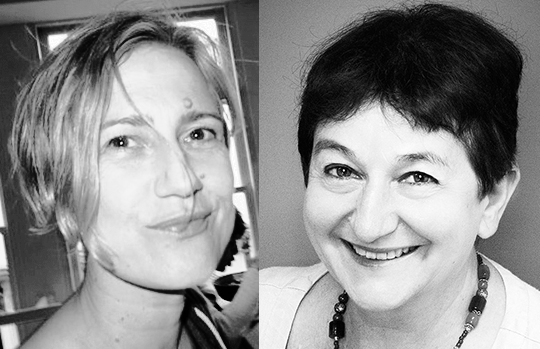Lee Yew Leong: First of all, how would you classify this new book from Tahar Ben Jelloun? The story opens with an autobiographical narrator (Ben Jelloun himself) talking about his ailing mother, but then changes mode with italicized passages, where we get stories about his mother’s past recreated from her perspective.
Ros Schwartz: Do we have to classify it? I think there’s a problem with trying to categorize books by non-Western writers which often don’t follow a linear narrative arc according to traditional European classifications. I appreciate that doing so makes life easier for publishers—and is essential when entering books for prizes and applying for subsidies—and for booksellers, but my experience of translating Francophone writers such as Ben Jelloun and Dominique Eddé (Lebanese author who writes in French) is that their books defy categorisation. So while this book is strongly autobiographical, recounting the demise of Ben Jelloun’s mother, it also has a strong fictional element where he imagines what might be going on in his mother’s Alzheimer’s-raddled mind.
Lulu Norman: Yes and also into the past, when he imagines her life as a girl and what it must have been like for her in the Fez of the 1940s; there’s a more obviously ‘fictional’ feel in those passages. The narrator, who is called Tahar, pieces together the story of her life, constructing a narrative out of what he knows and what he imagines. Ben Jelloun calls the book a novel, in order I suppose to give himself the fullest leeway and perhaps avoid any ruction in life, since everyone’s memory is so subjective.
LYL: Could you share with our readers what went on behind the scenes of this project? How both of you got attached to this translation, for example? How did English PEN play a part in the materialization of the book, and how long did you take to complete the manuscript?
RS: This project is very dear to my heart. I’ve wanted to translate Ben Jelloun ever since I read L’enfant de sable in 1985. A couple of years ago I’d just finished translating Escape by Dominique Manotti for Gary Pulsifer at Arcadia and he mentioned that he’d just acquired Sur ma mère. Gary, this one’s for me, please. It’s funny because as a translator you can get typecast. Gary had me down as doing crime fiction. Anyway, he immediately said yes, and wrote to Tahar to make sure he was OK with my doing the translation. In the meantime, there was a radical change of management and direction at Arcadia, and the project was dropped. I was devastated and wrote to Anne-Solange Noble, rights director at Gallimard, to ask if I could seek another publisher. I took the book to Lynn Gaspard at Saqi who snapped it up. Sadly Gary passed away before the book was published, which is why we have dedicated our translation to him. READ MORE…


